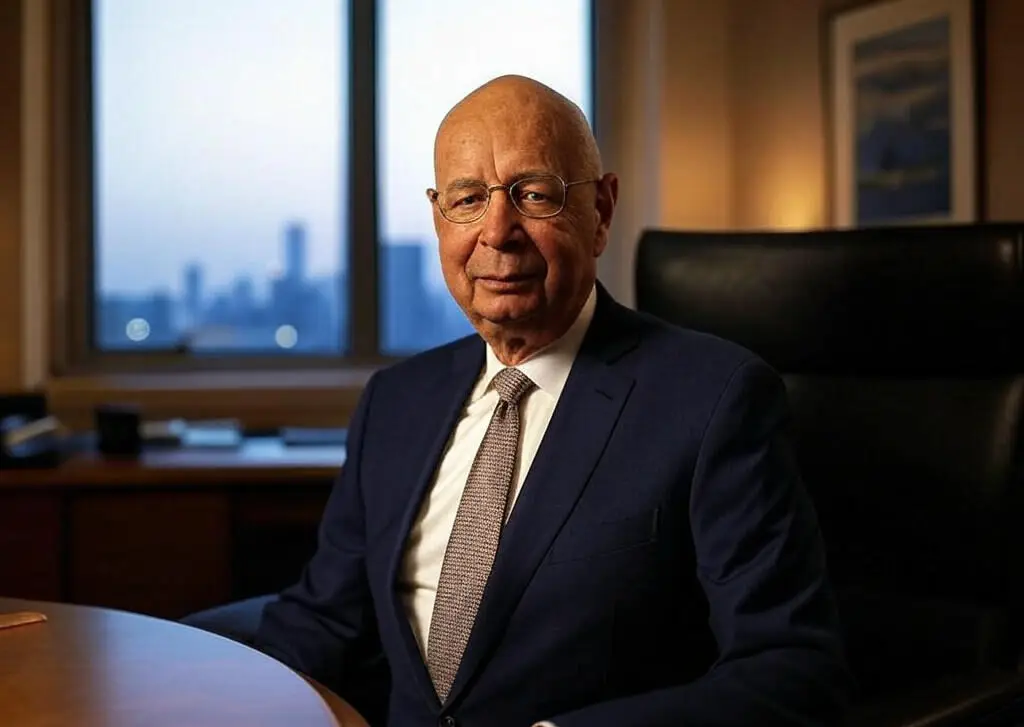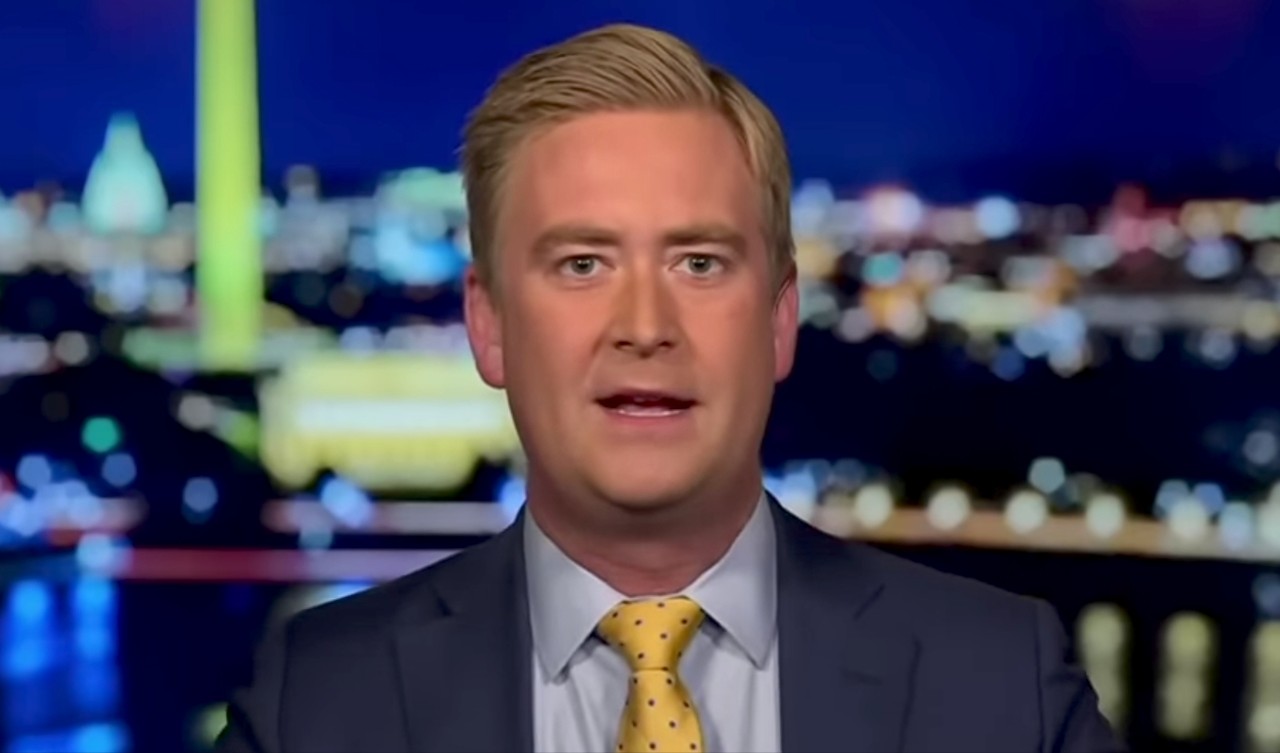Klaus Schwab’s Success: Vision, Networks, and Dedication
This article delves into the core reasons behind Klaus Schwab’s significant influence and the enduring success of the World Economic Forum. Specifically, we will analyze the key factors that led to his remarkable achievements. These notably include his visionary leadership, his strong advocacy for stakeholder capitalism, his strategic skill in building powerful global networks, and, finally, his unwavering dedication over many decades. By examining these elements, we aim to uncover what made him a pivotal figure in international affairs.
Ultimately, Klaus Schwab’s success stems from several key elements. Firstly, there’s his powerful vision. Secondly, his exceptional network-building skills played a crucial role. Thirdly, his sustained dedication over time has been indispensable. Here’s a more detailed breakdown of these key elements:
The Power of Visionary Leadership
- Early Recognition of Global Interconnectedness: In the late 1960s, Schwab saw the global economy’s growing links. He noted the need for a platform. European leaders could learn from US practices there. This idea led to the European Management Forum in 1971. It later became the World Economic Forum (WEF).
- Championing Stakeholder Capitalism: Early on, Schwab championed “stakeholder capitalism.” He argued firms should serve all stakeholders. This includes employees and customers. Suppliers, governments, and society too. This view resonated with rising social responsibility awareness.
- Proactive Anticipation of Global Challenges: For decades, Klaus Schwab ensured the WEF addressed key global issues. These included economic crises and trade talks. Also environmental concerns and technological change. Public health was another area. This proactive stance kept the forum relevant. It also attracted influential participants.
Building and Leveraging Influential Networks
- Cultivating High-Level Relationships: Schwab could remarkably convene leaders. They came from business and politics. Also academia and civil society. Davos’ annual meeting was a unique platform. Individuals could connect and build trust there. They had informal talks beyond formal diplomacy.
- Strategic Inclusivity of Diverse Voices: Schwab strategically included diverse voices over the years. This involved labor and environmental leaders. Also heads of UN agencies and young leaders. This broadened the WEF’s scope and influence.
- The Importance of Personal Connections: Schwab personally fostered relationships. These were with key figures. This strategy was crucial early on. It remained an asset as the forum grew.
Intellectual Foundation and Adaptability
- Leveraging a Strong Academic Background: With multiple doctorates in engineering and economics, as well as a Master’s from Harvard, Schwab brought intellectual rigor to his endeavors. His academic background lent credibility to his initiatives.
- Continuous Evolution of the World Economic Forum: Schwab demonstrated a willingness to adapt the forum’s focus and agenda to reflect the changing global landscape. The shift from management practices to broader economic, social, and political issues was a key example of this adaptability.
- Establishing Thought Leadership: Through his writings, particularly “The Fourth Industrial Revolution,” Schwab positioned himself as a thought leader on critical global trends.
Sustained Dedication and Longevity
- Over Five Decades of Unwavering Leadership: Schwab’s unwavering commitment and leadership of the WEF for over 50 years allowed him to build an institution with significant global standing and impact. This sustained effort was crucial in establishing trust and credibility.
- Expanding Influence Through Supporting Organizations: Klaus Schwab co-founded the Schwab Foundation for Social Entrepreneurship and created the Forum of Young Global Leaders and the Global Shapers Community. These initiatives significantly broadened his network and influence, ensuring his vision resonated across various generations and sectors.
Klaus Schwab’s success fundamentally arose from his early recognition of a crucial need for global dialogue. This initial insight then fueled his ability to cultivate relationships with influential figures, his intellectual anticipation of global issues, and his enduring commitment to his vision.



